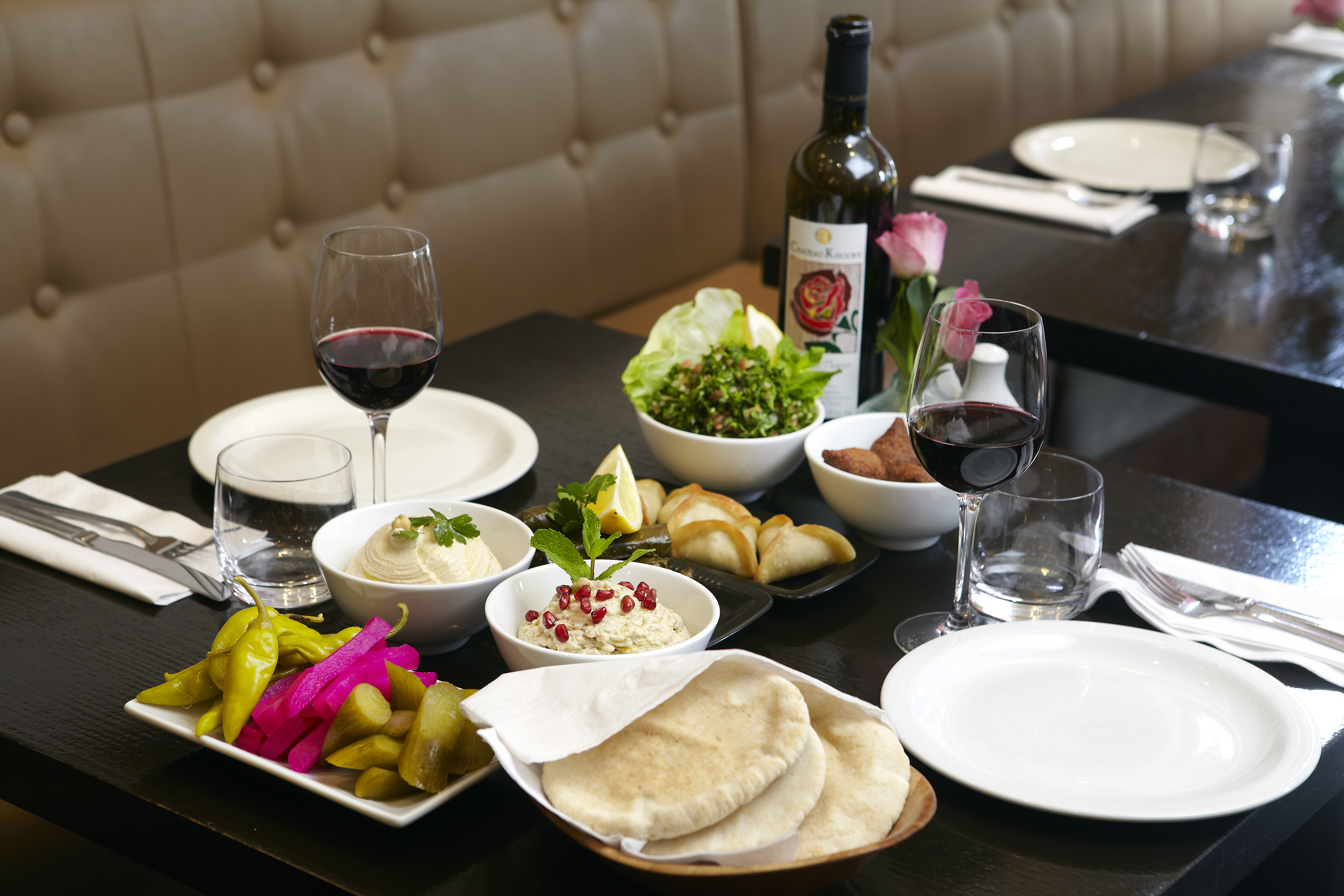Belly dancing at Warda
What could be better than enjoying traditional Levantine cuisine, expertly cooked, in comfortable surroundings? Well, nothing! Unless there was entertainment as well, of course. Here at Warda we provide the best food and most tasteful décor in Southgate, and we are also pleased to bring you traditional Middle-Eastern belly dancing, provided by our very beautiful and talented resident dancer, Dinah.
Belly dancing is the name of the exotic style of dancing which has been traditional in the Middle East for as long as records have existed. The term ‘belly dancing’ is actually a misnomer resulting from the French term ‘danse du ventre’, which might be better translated as ‘dancing with the abdomen’. However, even this oversimplifies this stunning form of improvised interpretive dance, which makes use of a variety of dance moves, including flowing, undulating arm movements, swaying or twitching the hips, and the move most widely associated with belly dancing: the shimmy, in which the dancer rapidly shakes her stomach and hips.
There is a huge variety of belly-dancing costumes, and each region has its own alternative. Most dancers wear a tight top or bra which leaves the stomach exposed, though in some countries exposing the stomach is taboo or even illegal, and a longer vest is worn instead. A long skirt or harem pants are often worn, with scarves with coins attached tied around the waist, which rattle and clink pleasingly during the dance. Some dancers also use finger cymbals (zils) or wave scarves in the air around them to accompany their dancing.
Belly dancing shows at Warda usually take place on Friday and Saturday evenings on selected weekends and it is always being announced in advance when and what time the show starts, it can be also booked for parties or special occasions. Please contact the restaurant for more information.



